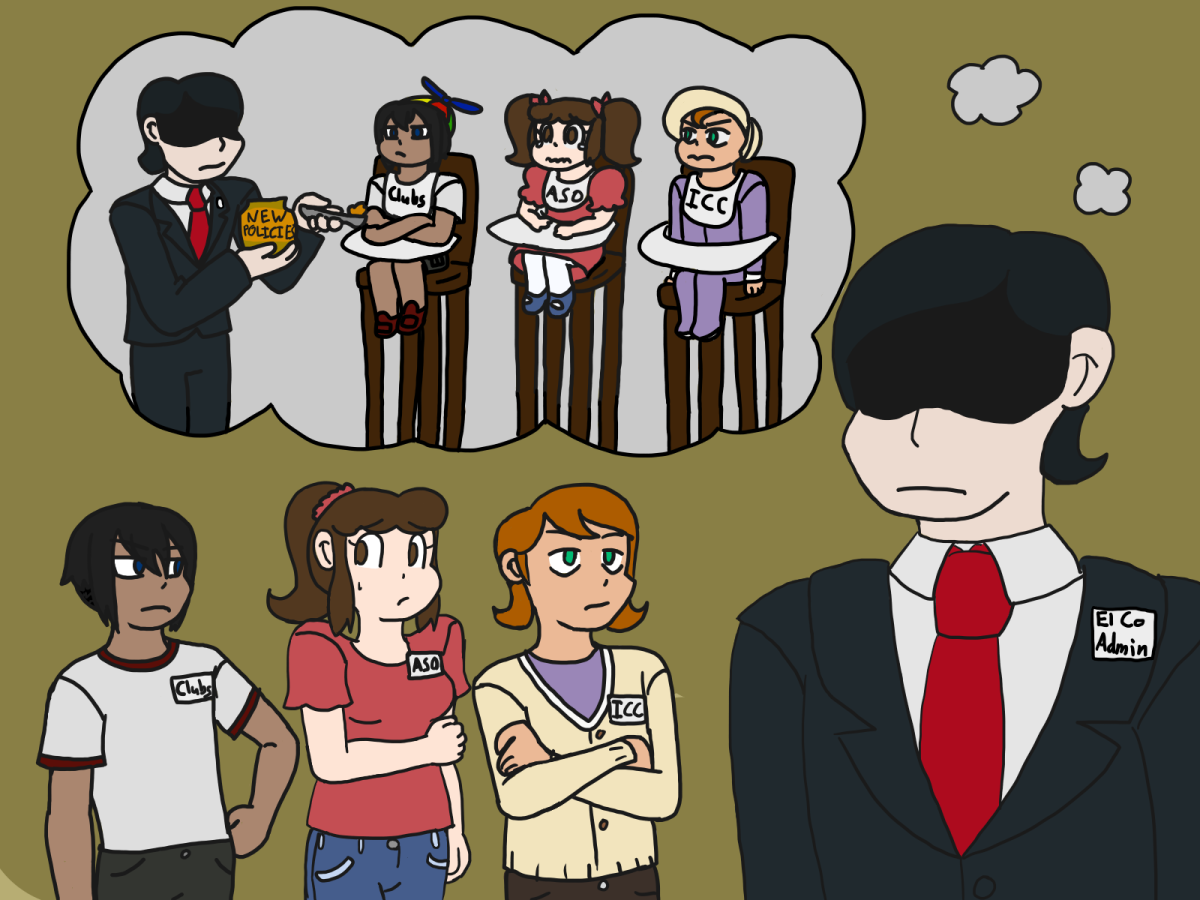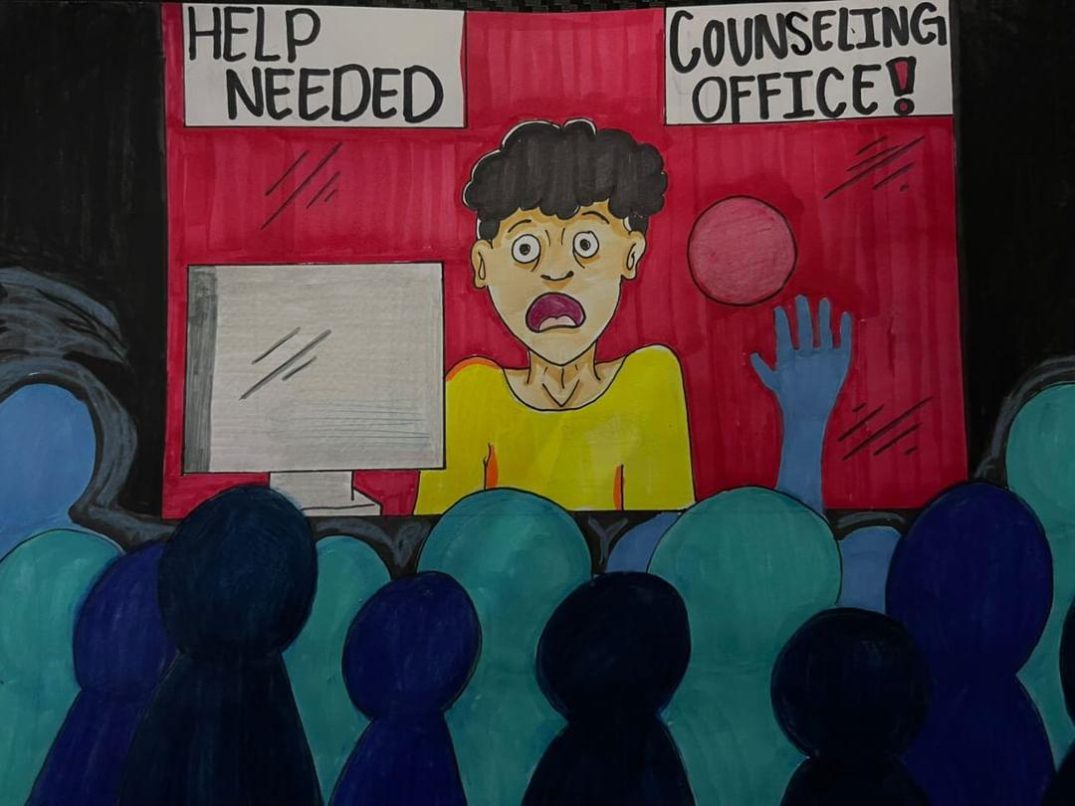The Student Organization Handbook, which lays down the rules and regulations for clubs and organizations on campus, has a new social media policy.
The policy says club and student organization social media accounts will be run and managed solely by advisers, not students.
This is wrong.
It is against El Camino College’s board policy that says administrative procedures shall not prohibit the right of students to exercise free expression.
The policy takes away student voices in two ways:
First, by not letting clubs have their say in their social media accounts. Second, by cutting the communication line between campus leaders and students and vice versa.
This, to us, crosses a line.
How are clubs supposed to express their interests, goals and passions on social media when club members are being restricted and monitored under what seems like Big Brother?
The college is denying the clubs, the Associated Students Organization and the Inter-Club Council the ability to directly speak and connect with students through social media.
Now, instead of a fellow student from ASO, ICC, or any other organization on campus, students are speaking to someone who might not understand or relate to their concerns.
This would lead to a disconnect since the flow of content is not students to students.
But why did the college implement this new policy in the first place?
Vice President of Student Services Jeff Stephenson said the policy was implemented to “update the manual.”
He said the policy is there because the college is responsible for making sure people don’t put their personal opinions, hate speech and offensive language on accounts that are under the college’s name.
Director of the Student Development Office Ricky Gonzalez and primary Inter-Club Council adviser Austin Toney said this was implemented so advisers could make sure the social media accounts in question represent the college.
While we understand the college’s point of view, these accounts were created not for the college but for students. These accounts should serve the students and their interests. They should represent the club, not the college.
The college needs to understand that its obsession with its appearance is hurting the ability of student clubs to flourish, cutting off the voice not just of student leaders but students themselves and giving more work to advisers who are already busy and overtaxed.
In comparison, Santa Monica College’s social media policy says student club leaders are responsible for their content and conduct on social media and are responsible for their marketing and communications.
At Cerritos College, their policy encourages the use of social media for clubs and organizations. Clubs share passwords and usernames with advisers so future club members can access their respective social media accounts.
Orange Coast College’s policy makes sure club social media accounts adhere to college policies and rules while also allowing students to control their accounts.
Each of these colleges trusts and holds its student organizations responsible for its own social media accounts.
El Camino needs to understand and trust members of ASO, ICC and the clubs to use their own social media. They are not children.
El Camino can fix this by allowing student organizations control of their accounts. Second, by creating rules of conduct for organizations to follow for social media. Third, by creating a social media role for a student in the organization; this person has control of the account and is guided by the adviser.
Give the students one of their remaining platforms to express themselves. A student body that enjoys its fundamental rights is the best image for the college.








